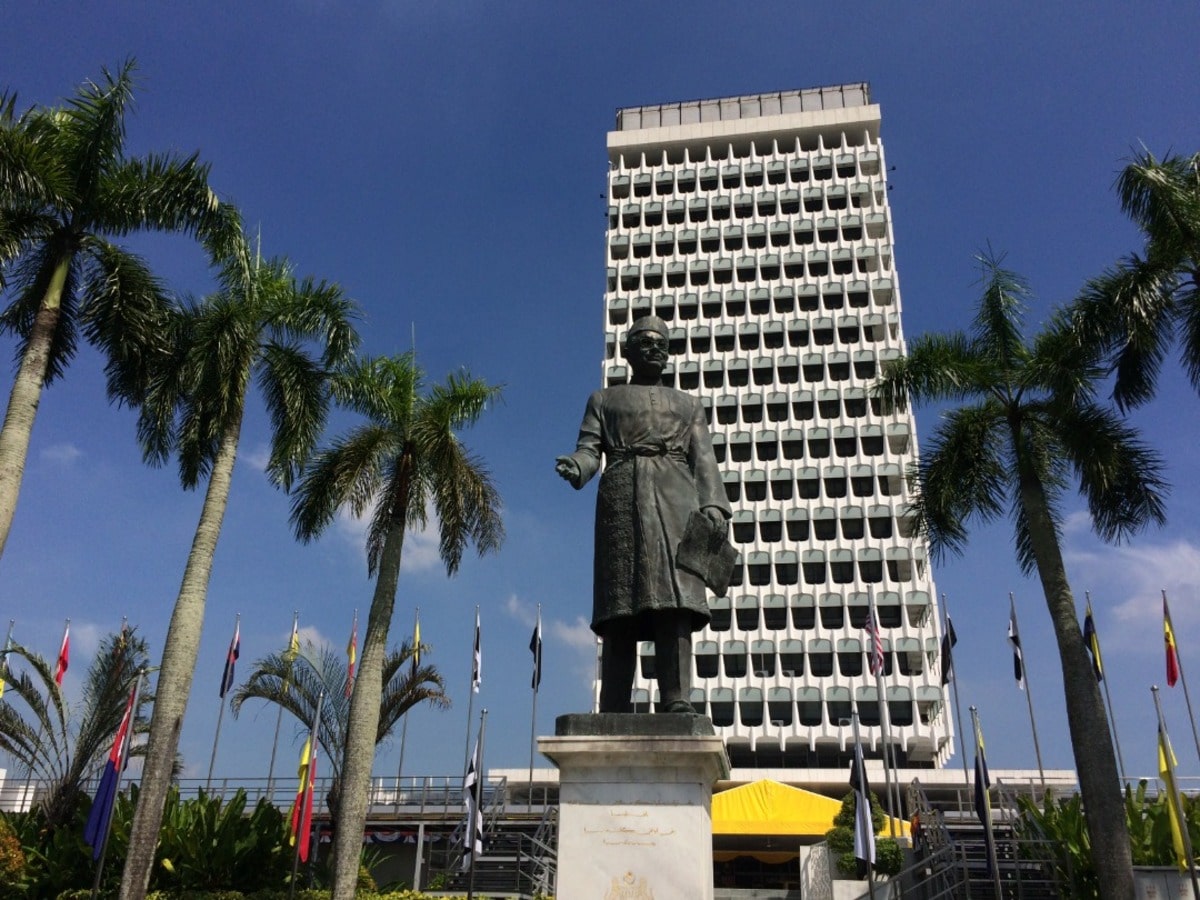KUALA LUMPUR, Oct 5 – The Dewan Rakyat special select committee on the tobacco control bill has agreed to maintain the prohibitions on smoking or vaping, or use of tobacco or vape products, for future generations, but is against penalising possession.
The parliamentary special select committee (PSSC), in their statement tabled in Parliament today, said that the generational end game (GEG) was constitutional and agreed to retain Section 17(1)(a) and (b) of the Control of Tobacco Product and Smoking Bill 2022.
However, the PSSC agreed that Section 17(1)(c) on the ban of possession of tobacco or vape products for anyone born from January 1, 2007 should be dropped.
Under Section 17(1)(a), individuals born on January 1, 2007, onwards are prohibited from smoking any tobacco product or substitute tobacco product, while Section 17(1)(b) prohibits these people from using any smoking device.
The PSSC also agreed to reduce the maximum fine for GEG offenders to RM500 from RM5,000, with possibility of community service under Section 17(2) and Section 13(4), the latter prohibiting the purchase of such products by individuals born from that date.
The same penalties also apply to Section 54(2) which prohibits the sale of any tobacco or vape products or services to those born from 2007.
The PSSC agreed that a separate Act and regulation for non-combustible alternatives is not required and should not be separated from the proposed tobacco bill for the time being.
Despite pushback from various individuals and groups against the GEG, including former Chief Justice Zaki Azmi and influential youth group Undi18, the PSSC maintained that GEG is constitutional as it supports the principles of personal liberty under Article 5 of the Federal Constitution.
The PSSC argued that smoking is an act of “personal choice” and not a “constitutional right” as safeguarded under the Federal Constitution on fundamental liberties.
The committee added that the known effects of smoking, which can be harmful and fatal, is clearly opposed to the principles of “life” enshrined in the Federal Constitution.
It was also stated that the GEG does not contravene Article 8 of the Federal Constitution, which guarantees equality before the law. The PSSC said the GEG does not violate a person’s right to life, nor their personal liberty, hence maintains that all are equal before the law.
While the PSSC agreed not to delay the generational ban on tobacco and vape, it agreed that the tobacco ban should be enforced using an educational approach in the first three years from when the law takes effect.
The PSSC also agreed to limit enforcement powers to the manufacturing, packaging, storing, delivery, distribution, and sale of tobacco products.
Enforcement covers the power to investigate, enter premises, take samples, open packages and examine tobacco products, stop, search and seize conveyance, search and seize with or without warrant, access recorded information, require attendance of a person acquainted with a case, and examine a person acquainted with a case.
The power to enter premises will also exclude place of residence, the PSSC stated.
Other proposed amendments to the tobacco bill include Section 26, Section 27, Section 28, Section 29, Section 30, Section 33, Section 34, Section 35, and Section 38.
The PSSC also agreed to rename the bill to better reflect the public health purpose of the tobacco control bill.
Health Minister Khairy Jamaluddin is expected to retable the tobacco bill for second reading tomorrow or after the tabling of Budget 2023, scheduled on Friday.
The fate of the bill, however, is unclear amid heightened speculation that Parliament will be dissolved soon to make way for the 15th general election (GE15).
The 13-member tobacco bill PSSC is chaired by the health minister, and comprises members from major political parties, including Barisan Nasional (BN), Perikatan Nasional (PN), as well as Pejuang.
Most of the committee members are not members of their respective party leaderships.
Umno representatives on the tobacco bill PSSC include Umno supreme council members Azalina Othman Said (Pengerang) and Abdul Azeez Rahim (Baling).
The sole DAP representative on the committee is DAP Youth chief Dr Kelvin Yii, while PKR and Amanah are represented by Sungai Buloh MP R. Sivarasa and Kuala Selangor MP Dzulkefly Ahmad respectively.
Other members of the PSSC are Mohd Nizar Zakaria (Parit-Umno), Mas Ermieyati Samsudin (Masjid Tanah-Bersatu), Ahmad Fadhil Shaari (Pasir Mas-PAS), Lukanisman Awang Sauni (Sibuti-GPS), and Mukhriz Mahathir (Jerlun-Pejuang).








